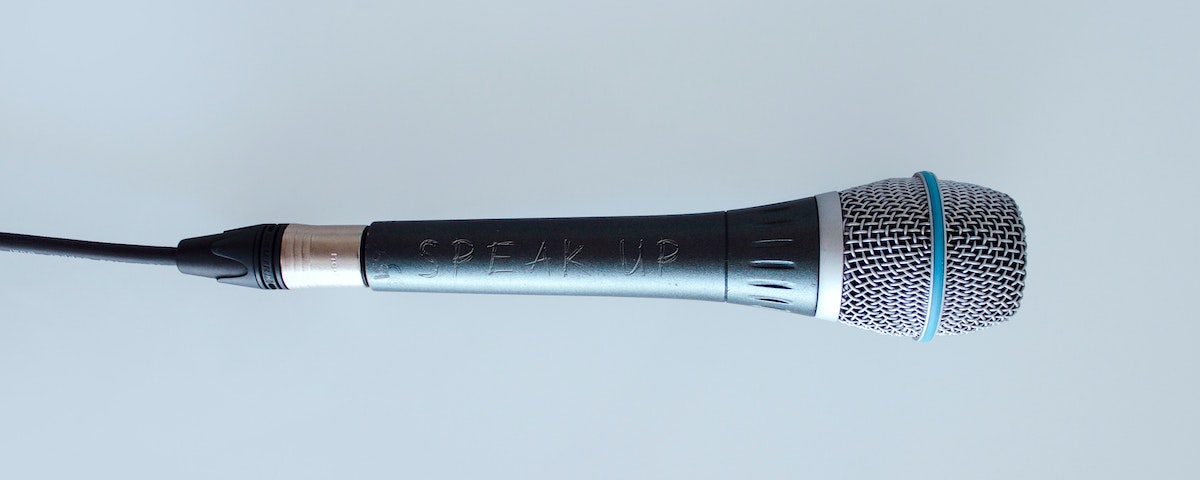By Wim Laven
Our country reached its debt limit, $31.4 trillion, on Jan. 19. This debt is all past spending, and we should be asking tough questions.
According to a study from Brown University, $5.85 trillion has been spent on U.S. post-9/11 war spending through 2022 and another $2.2 trillion is already spent in future obligations. So-called defense spending accounts for more than half of all discretionary spending. Interest payments on U.S. debt may eclipse the defense budget by 2025 or 2026, high costs to waging wars this country could not afford to fight.
I wonder why I haven’t heard mention of military spending, the cost of running military bases all over the globe, the cost and inadequacy of our combat operations, or anything else about our failed military policy.
It is a triple whammy: The U.S. spends more on these campaigns than anything else (as a percent of discretionary spending), they are not working—the dramatic failures have been painful to watch—and challenging the status quo on military spending is frowned upon. What will it take to honestly talk about the military industrial complex in America?
The true costs of war are rarely told; families are killed or driven from their wrecked homes; soldiers and civilians die; nature is polluted and infrastructure is destroyed—and the debt ceiling is hit.
Perhaps it is time to review the rich history of nonviolence, the ability of peacebuilding and the efficacy of peacemaking operations in achieving mutually beneficial outcomes. Violent destructive conflicts could be avoided and constructive conflicts with the potential for enduring positive change could be identified. The debt ceiling is proof that war is not working. The U.S. cannot afford it. This country has the capacity for complex problem solving; let’s finally prove it.
And by the way, refusing to raise the debt ceiling when Congress already authorized all the spending that caused that debt ceiling to be hit is not the same as Congress suddenly deciding to order a less expensive meal at a modest diner. It’s actually exactly like eating a large expensive meal at a pricey restaurant and then leaving without paying.
Wim Laven, Ph.D., syndicated by PeaceVoice, teaches courses in political science and conflict resolution.














